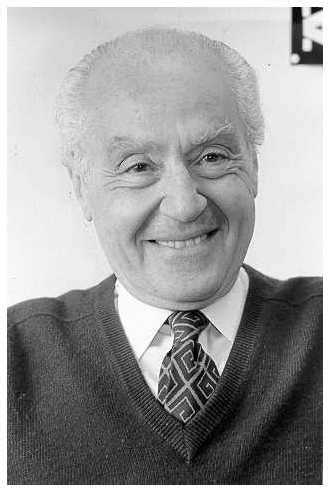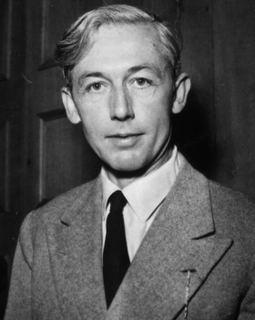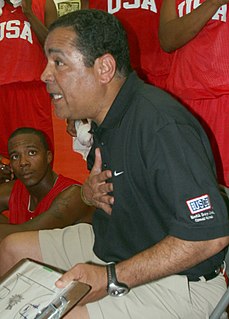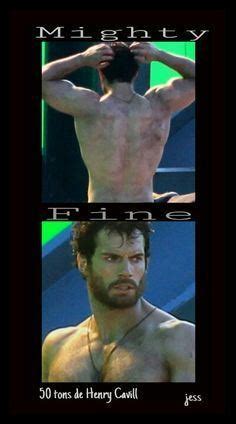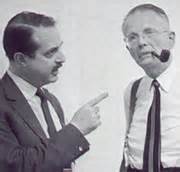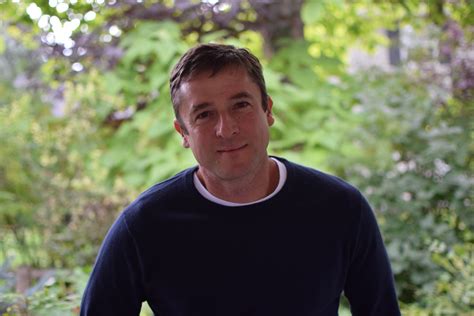A Quote by Ihab Hassan
Quotations offer one kind of break in what the eye can see, the ear can hear.
Related Quotes
The ear is profound, whereas the eye is frivolous, too easily satisfied. The ear is active, imaginative, whereas the eye is passive. When you hear a noise at night, instantly you imagine its cause. The sound of a train whistle conjures up the whole station. The eye can perceive only what is presented to it.
The ear participates, and helps arrange marriages; the eye has already made love with what it sees. The eye knows pleasure, delights in the body's shape: the ear hears words that talk about all this. When hearing takes place, character areas change; but when you see, inner areas change. If all you know about fire is what you have heard see if the fire will agree to cook you! Certain energies come only when you burn. If you long for belief, sit down in the fire! When the ear receives subtly; it turns into an eye. But if words do not reach the ear in the chest, nothing happens.
If you want to play something that you hear, you need to listen with your mind's eye. You've heard of the mind's eye, right? Your mind has an ear too. It's a kind of listening, but it's not using your ears to listen. It's listening with your inner ear, and that's what you want to translate onto the guitar.
A sweet attractive kind of grace, A full assurance given by looks, Continual comfort in a face, The lineaments of Gospel books; I trow that countenance cannot lie, Where thoughts are legible in the eye. Was never eye, did see that face, Was never ear, did hear that tongue, Was never mind, did mind his grace, That ever thought the travel long- But eyes, and ears, and ev'ry thought, Were with his sweet perfections caught. [trow; believe or think]
My brother was listening to his transistor radio. He kept switching the earpiece from one ear to the other, which I thought was his idea of a joke. 'You can't do that,' I said. 'You can only hear out of one ear.' 'No, I can hear out of both,' he answered. And that was how I discovered I was deaf in my right ear.
The ultimate truth is like the flavour of an apple which you can't see with the eye or hear with the ear. The only way to experience it is to put the teachings into practice. Once you taste it, you are no longer in any doubt about its flavour and you do not have to ask anyone else. The problem is solved.
When Robert Bly visited Interlochen Center for the Arts so many years ago, he spoke to the creative writing majors and said, "The eye reports to the brain, but the ear reports to the heart." Perhaps this is the thing that musicians can do that writers can't ever, quite, but it is what I aspire to, that sense/power of the auditory, and the belief that to hear more clearly is to see more clearly, and that to see more clearly is to feel more deeply.
Words are substance strange. Speak one and the air ripples into another's ears. Write one and the eye laps it up. But the sense transmutes, and the spoken word winds through the ear's labyrinth into a sense that is no longer the nerve's realm. The written word unfolds behind the eye into the world, world's image, and the imagination sees as the eye cannot see-thoughtfully.
I'm kind of a creature of the alt-weekly universe - my real education into higher culture was acquired in coffee shops, reading those papers, digging into that lively mishmash of opinion for drift, a sense of what to see, what to hear, what to read, etc. - and I'd like to think that scene's still vital, although I understand there's been a fair amount of conglomerating, which would seem to undercut its radical roots, its funky local flavor. I'd encourage any writer with an eye for life and an ear for prose to give it a try. You can work out your chops just fine in newsprint.
